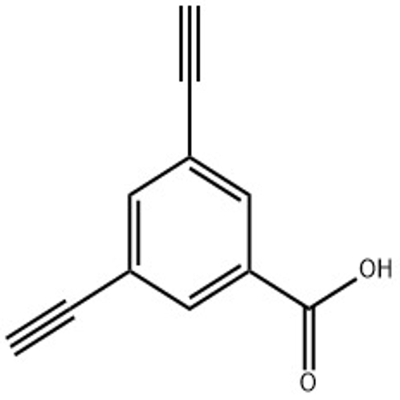-
Categories
-
Pharmaceutical Intermediates
-
Active Pharmaceutical Ingredients
-
Food Additives
- Industrial Coatings
- Agrochemicals
- Dyes and Pigments
- Surfactant
- Flavors and Fragrances
- Chemical Reagents
- Catalyst and Auxiliary
- Natural Products
- Inorganic Chemistry
-
Organic Chemistry
-
Biochemical Engineering
- Analytical Chemistry
-
Cosmetic Ingredient
- Water Treatment Chemical
-
Pharmaceutical Intermediates
Promotion
ECHEMI Mall
Wholesale
Weekly Price
Exhibition
News
-
Trade Service
4-methyl-1,2,3,4-tetrahydroisoquinoline, also known as methylphenidate, is a stimulant drug that is commonly used in the treatment of attention deficit hyperactivity disorder (ADHD) and narcolepsy.
It is also sometimes used off-label to enhance cognitive function and to treat other conditions.
The drug works by increasing the levels of dopamine and norepinephrine in the brain, which can lead to increased alertness, focus, and energy.
While methylphenidate is generally considered to be a safe and effective treatment for ADHD and narcolepsy when used as directed, there are some potential risks and side effects associated with its use.
These can include nausea, headaches, dizziness, and irregular heartbeat.
More serious side effects, such as psychotic episodes, seizures, and cardiac problems, have also been reported in some cases.
In the chemical industry, methylphenidate is used as a precursor in the synthesis of other drugs and chemicals.
It is also sometimes used as a research chemical in academic and industrial settings.
Due to its stimulant properties, it has been studied for its potential use in treating a variety of other conditions, such as obesity and depression.
The safety of methylphenidate in the chemical industry is an important consideration, as workers who handle the drug may be at risk for adverse effects.
It is important for employers to provide appropriate training and protective equipment to workers who are involved in the handling and use of methylphenidate.
Additionally, it is important for workers to follow all safety protocols and guidelines when working with the drug to minimize the risk of adverse effects.
In conclusion, 4-methyl-1,2,3,4-tetrahydroisoquinoline is a commonly used drug in the treatment of ADHD and narcolepsy and has some potential risks and side effects associated with its use.
In the chemical industry, it is used as a precursor in the synthesis of other drugs and chemicals, and as a research chemical.
The safety of methylphenidate in the chemical industry is an important consideration, and employers must provide appropriate training and protective equipment to workers who handle the drug, and follow the safety protocols and guidelines to minimize the risk of adverse effects.







